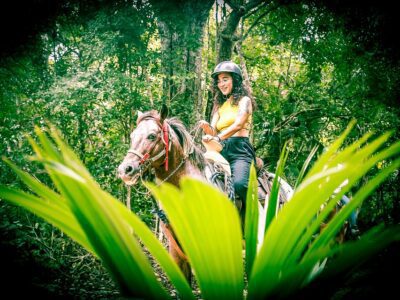Social media users are urging people not to encourage the buying and selling of wild birds, which are being marketed through Facebook. What are the local authorities doing about it?
A Facebook user reported that through social media, individuals known as “trappers” are selling various birds, including migratory species. In one post, a blue-winged bunting (Passerina cyanea) is offered. This bird breeds in the north of the continent and spends the winter in Mexico, Central America, and even the northern part of South America.
The bird, characterized by its intense blue color, is shown caged in an image and is being offered for 50 pesos. The post’s description includes the text “available in the east,” accompanied by a phone number. “50 pesos for the life of a bird that migrated thousands of kilometers, surviving climate change, storms, deforestation, and water scarcity,” wrote the complainant.
Despite numerous reports of online bird sales, the situation appears far from over. The massive scale of digital platforms, the diversity of content, and the difficulty of identifying illegal publications pose a challenge for authorities.
At the beginning of April, Mayor Cecilia Patrón reported that the Mérida City Council is working on Market Regulations, intending to curb the sale of wildlife of this type. The Lucas de Gálvez market, in particular, is a red flag, as it offers species that are theoretically protected by Mexican law.
The mayor indicated that the objective is to coordinate with the Federal Attorney for Environmental Protection (Profepa), an institution that has the power to punish those who sell species included in any of the risk categories of the Mexican Official Standard NOM-059-SEMARNAT-2010.
What is the penalty for selling wildlife in Mexico?
The illegal trafficking of specimens, parts, and derivatives of wild flora and fauna is a crime under Article 420, sections IV and V, of the Federal Penal Code, punishable by one to nine years in prison and the equivalent of three hundred to three thousand days of fines.
Additional penalties of up to three years in prison and up to one thousand days of additional fines may be applied when crimes such as extraction, transportation, and stockpiling are carried out within a Protected Natural Area (PNA) or when they are carried out for commercial purposes.
To report cases of illegal wildlife trade, you can contact Profepa through its toll-free number 01-800-770-33-72. The report can also be made by completing the reporting form, available on the website profepa.gob.mx, or by visiting the institution’s offices located in each state.
TYT Newsroom
The post Alert for sale of wildlife in Mérida markets first appeared on The Yucatan Times.














